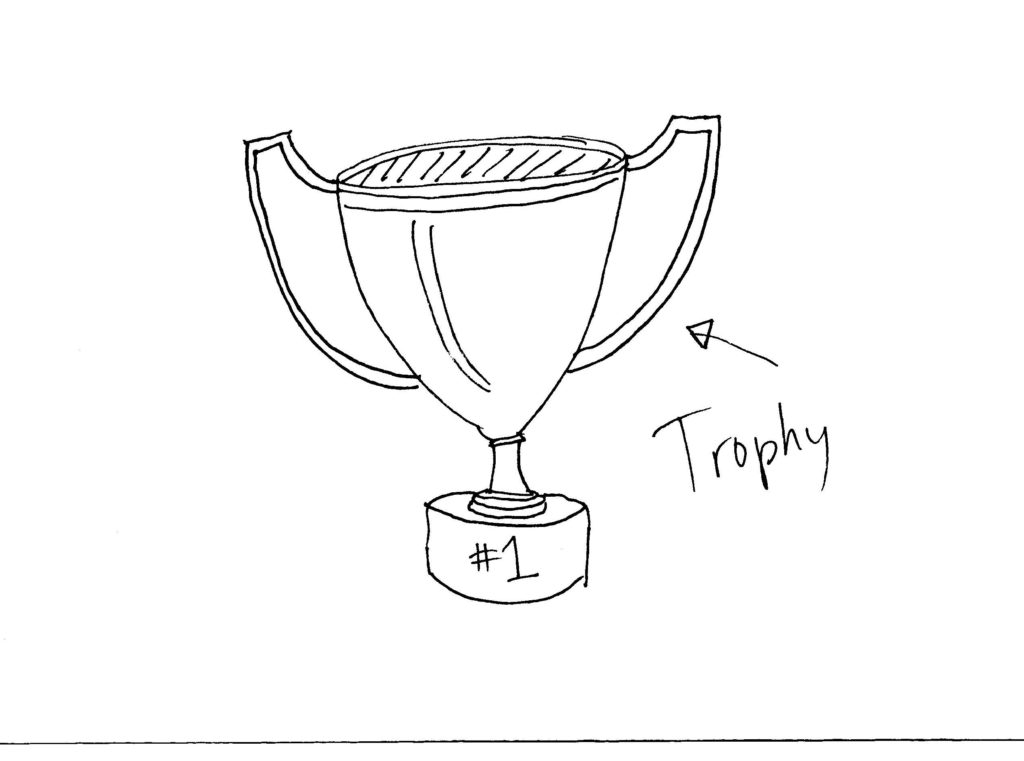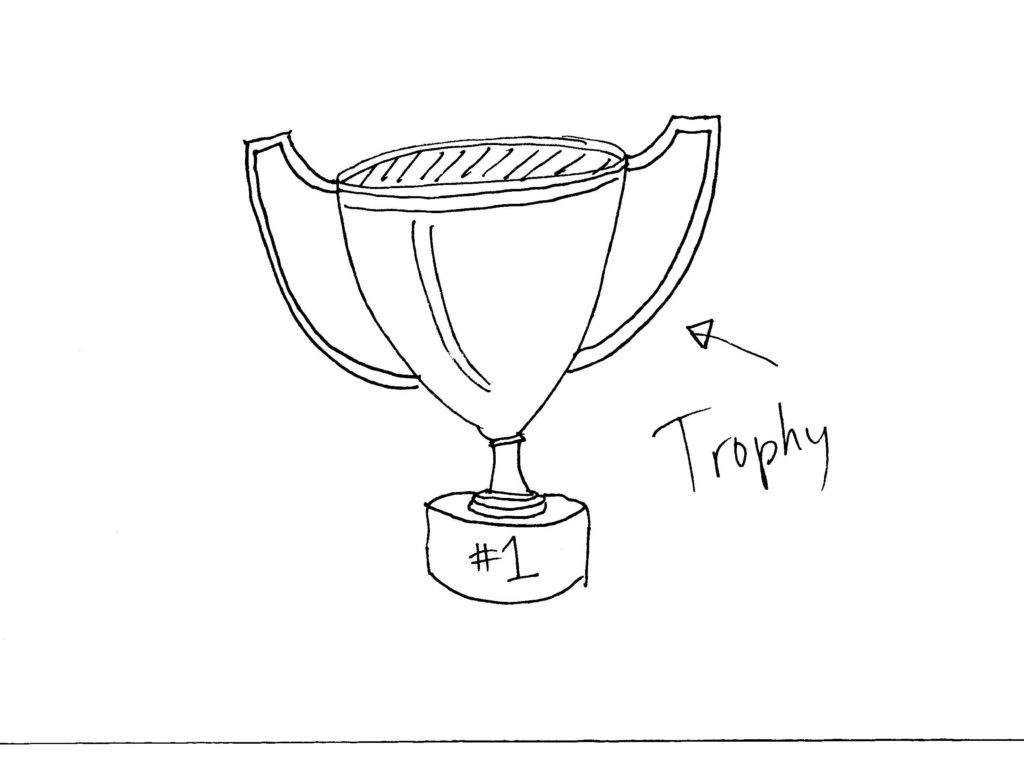
The Cards are Stacked Against You
When you are sued for owing money, I believe there is an assumption by the courts that you actually owe the money. This means that to successfully defend a debt claim, you need to have some very clear defenses. If a debtor shows up to court with an account ledger and an affidavit stating that the amount is accurate and owed, you’re going to have a hard time getting around that.
Carefully Evaluate Your Defenses
The best defenses to a debt claim are issues such as: the debt is not yours (ie: they’ve got the wrong person), the goods or services were never provided to you, the debt was paid, or the statute of limitations on the debt has expired.
The next best defenses are actually counterclaims such as: violations of state or federal regulations, or breach of the covenant of good faith and fair dealing in the underlying transaction. These issues are going to be very fact dependent and may or may not have legs in court.
Finally, the most challenging defenses are issues such as: the charges are unreasonable, the prices were not agreed to, or the charges are too high for some reason. Not only are these defenses very fact intensive (which means they are difficult to establish), but implicit in the defense is that you do owe something–just not as much as they are asking for.
Defending a Debt Has Risks–Particularly under Idaho Law
You never know how a court or jury is going to decide and no attorney is going to guarantee a victory. There are two main risks in defending a lawsuit for debt. The first risk is increased interest charges. The prejudgment interest rate is currently 12% and the post-judgment interest rate is about 7%. This means that if you are going to lose the case, it is better to lose quickly because you will essentially get a 5% discount on the interest. (Although post-judgment interest rates change annually so this may not always be the case).
The second main risk is increasing the attorney’s fees. Both sides will be incurring attorney’s fees in the litigation. If you do not prevail in your defenses, you may not only have to pay your own attorney’s fees, but the court will most likely require you to pay the attorney’s fees incurred by the creditor as well. This means you end up paying attorney’s fees twice. Again, if you are going to lose, it’s better to lose fast because it reduces these attorney’s fees.
Carefully Weigh the Risks
You should only litigate a debt defense claim against you if you are willing to accept the risks of litigation. If you do not want to face these risks, you are better off taking the judgment. You win by losing.

